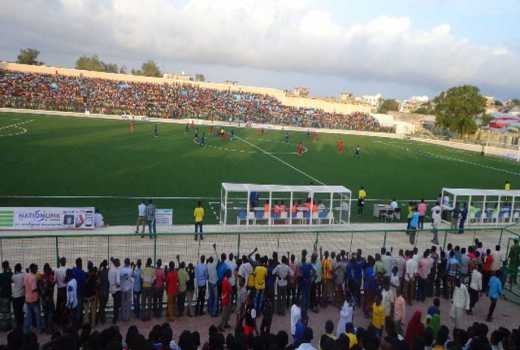×
The Standard e-Paper
Stay Informed, Even Offline

Somalia-based militant group Al Shaabab has reportedly issued stadia ban in certain districts in Somali Capital Mogadishu, reveals a local radio station Daslan.
According to the local radio station, the group ordered the closure of privately owned stadia on March 6, and has so far instructed the managers to suspend all the sporting activities in those places.